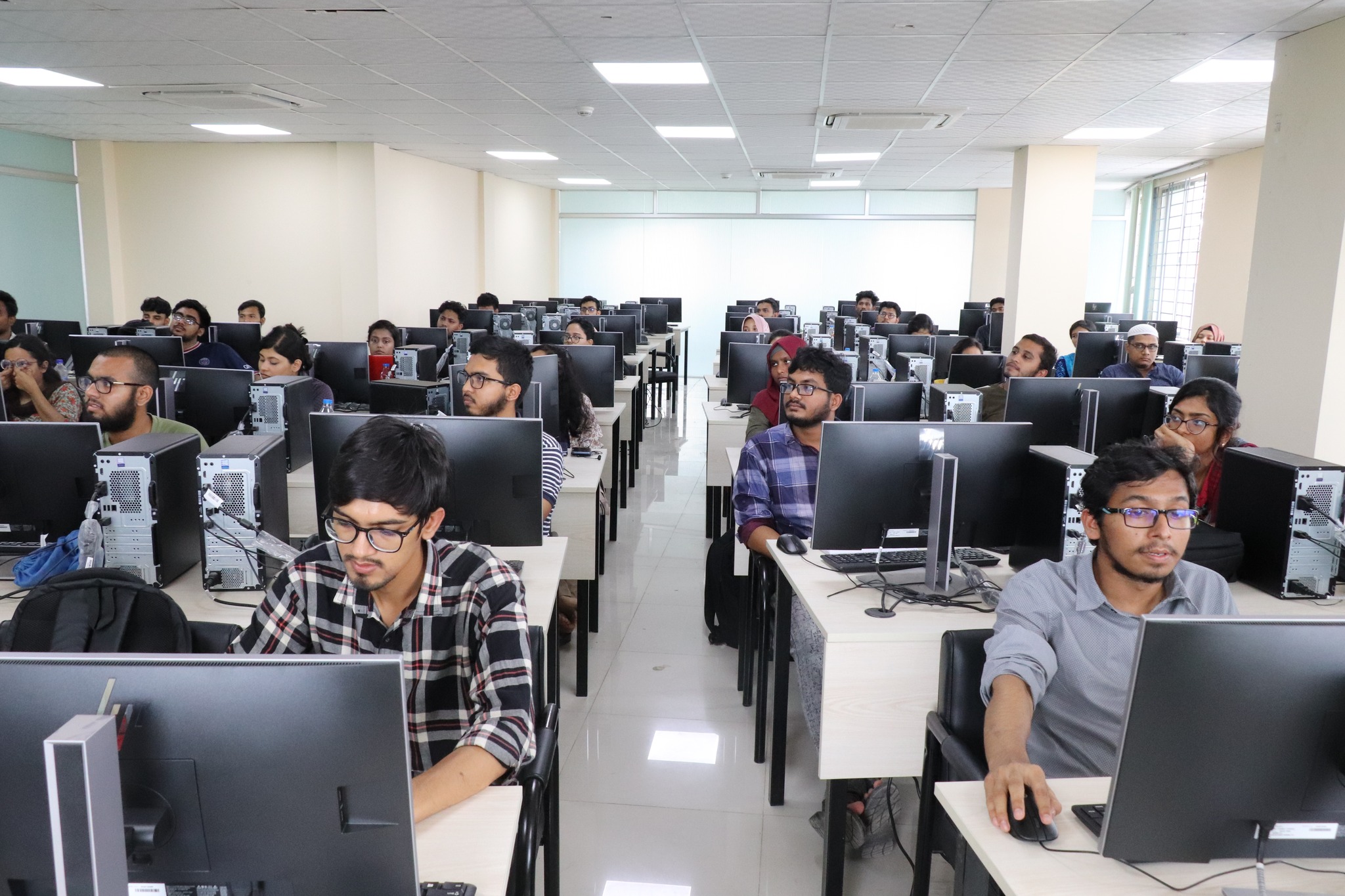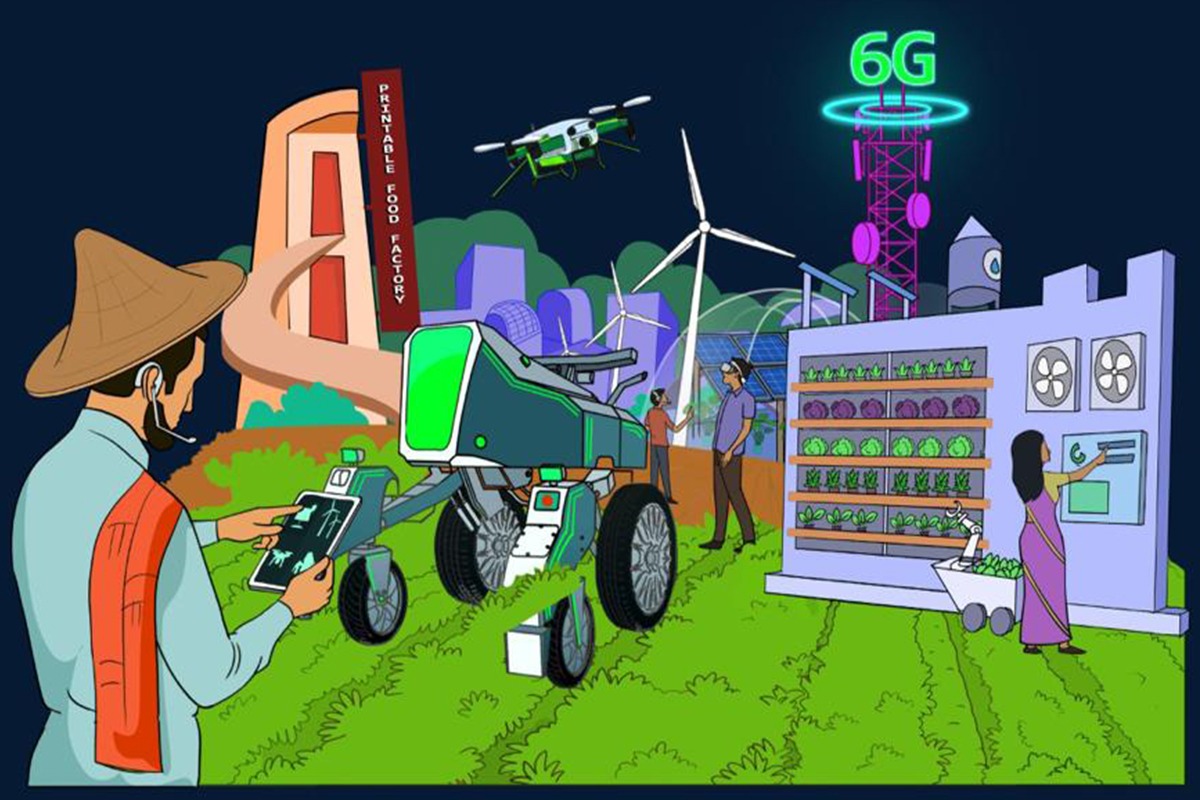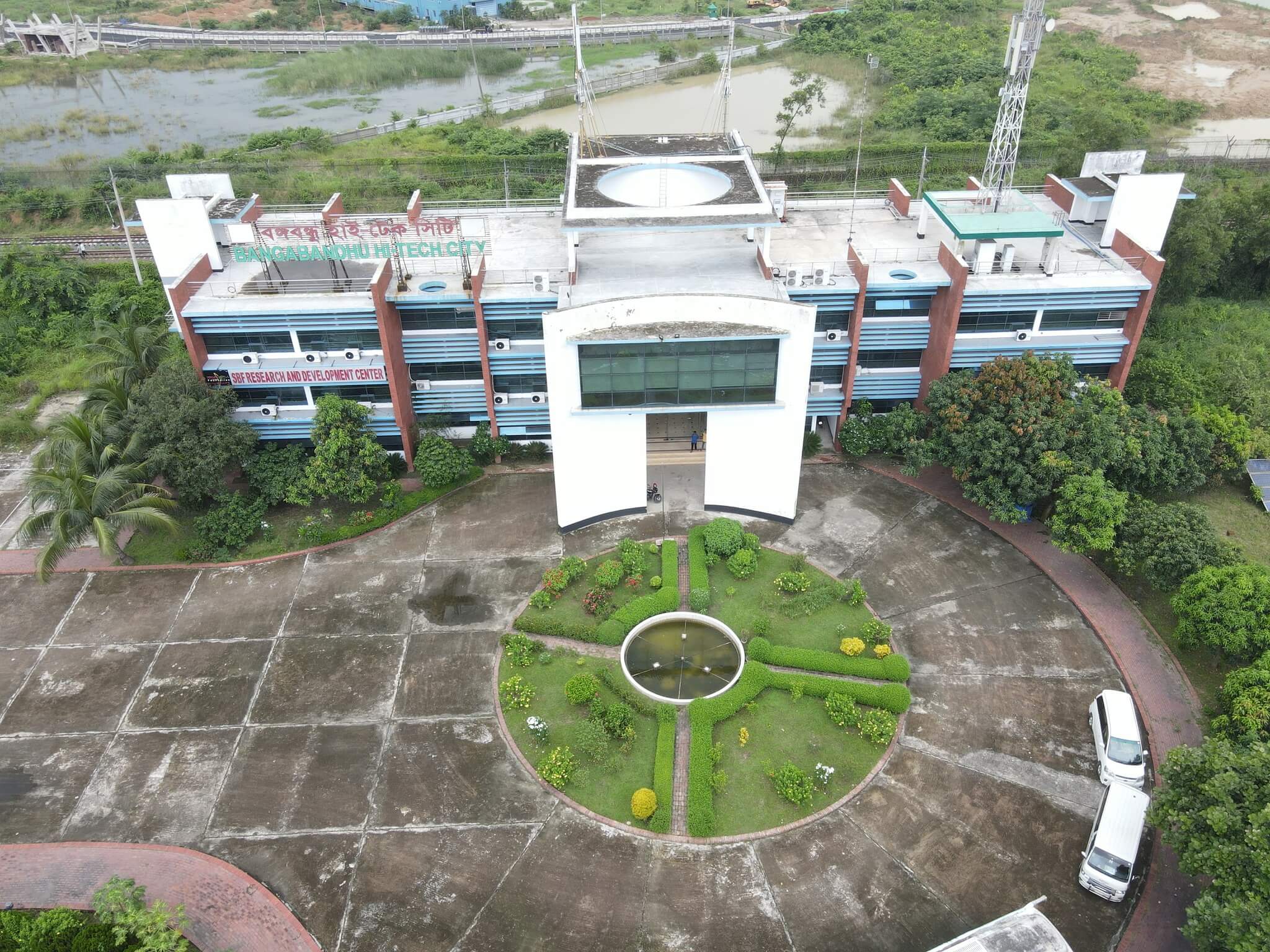Bangladesh Reaching New Heights: A Technological Transformation

Bangladesh has been steadily progressing towards its ambitious goal of becoming a technologically advanced nation, marked by significant achievements in various sectors. This vision involves harnessing technology and innovation to address pressing socio-economic challenges and propel the nation towards sustainable development. Since the launch of the Digital Bangladesh initiative in 2009, the country has made substantial strides in education, healthcare, governance, and infrastructure, laying the groundwork for a more prosperous and equitable future.
One of the cornerstones of Bangladesh’s technological transformation is the modernization of its education system. Initiatives such as the Access to Information (a2i) program have facilitated the integration of technology in classrooms, providing digital resources and interactive learning tools to students across the country. As a result, Bangladesh has achieved remarkable progress in improving educational outcomes, with net enrollment in primary education reaching 98% in 2023, up from 87% in 2010. The government’s focus on digital literacy programs has also empowered citizens with essential skills for the 21st-century workforce, contributing to a more knowledgeable and skilled labor force.
In healthcare, initiatives like the National Health Information Exchange have streamlined data management and facilitated information sharing among healthcare providers, leading to more efficient healthcare delivery and improved patient outcomes. As a result, Bangladesh has seen a significant reduction in maternal and child mortality rates.


Additionally, the country’s robust ICT infrastructure, including the nationwide fiber-optic network and the establishment of high-tech parks like the Hi-Tech City, has bolstered its position as a regional hub for technology and innovation. Furthermore, Bangladesh’s success in leveraging digital solutions for socioeconomic development has garnered international recognition, as evidenced by its ranking in the Global Innovation Index and the Digital Evolution Index. As Bangladesh continues to make strides towards becoming a technologically advanced nation, collaborations between the government, private sector, and civil society will be crucial in sustaining this momentum and ensuring inclusive growth for all citizens.

Bangladesh Government has declared the “Vision 2021” termed as “Digital Bangladesh” which comprises ensuring people’s democracy and rights, transparency, accountability, establishing justice and ensuring delivery of government services in each door through maximum use of technology-with the ultimate goal to improve the daily lifestyle of general people. Government’s “Digital Bangladesh” includes all classes of people and does not discriminate people in terms of technology. The government has implemented some initiatives in e-governance, e-commerce, e-banking, as well as in the development of the mobile-phone network capacities. In an attempt to make the young generation’s lifestyle more digital, the government has been providing laptop and internet connectivity in schools and colleges across the country. The government passed the national ICT policy with guidance from the access to information program of the Prime Minister’s Office. The government has taken initiatives to promote ICT among all spheres of people.
Several telemedicine centers have been built and more advanced centers are being built. To ensure equal access to technology for all, the government is setting up community e-centers/ tele-centers all across the country — there are more than 2,300 of them now.
Bangladesh became one of the largest markets from Mobile Financial Services (MFS). In the last fiscal year (FY22), the MFS industry experienced a 30.34% increase in transactions, reaching an exceptional level of Tk. 9,90,004 crore. Moreover, 25% of Bangladeshi adults now use MFS and online banking services for utility bill payments. According to Bangladesh Bank, 178.6 million mobile accounts are now registered for MFS. It is quite conspicuous that MFS providers have been reshaping the country’s financial sector for a while now. According to the central bank data, customers of MFS providers made transactions more than 46 crore times in June’22 – the highest ever monthly transactions. Bangladesh Bank’s (BB) easy policies helped people to make online money transactions, payment of utility bills through internet, transfer of funds (account to account), payments for trading goods and services, and facilitate online credit card payments in local currency more easily.


Bangladesh, growing rapidly over a decade, is on its way to becoming the next Asian Tiger. Economic and political stability are driving its journey towards the future. Currently the 41st largest economy, Bangladesh will be the 25th largest economy by 2035.
Bangladesh’s e-commerce industry has been growing rapidly due to friendly regulations to of the government and Bangladesh Bank.
The industry is expected to grow by 17.61% on an annual basis, aimed at reaching Tk65,966 crore in 2022. The e-commerce market size in 2021 was about Tk56,870 crore and will be around Tk1.5 lakh crore by 2026.
The country is now moving forward to Smart Bangladesh. The Smart Bangladesh campaign’s goal is to serving the people of Bangladesh smartly, enabling the access to information and services on their reach.